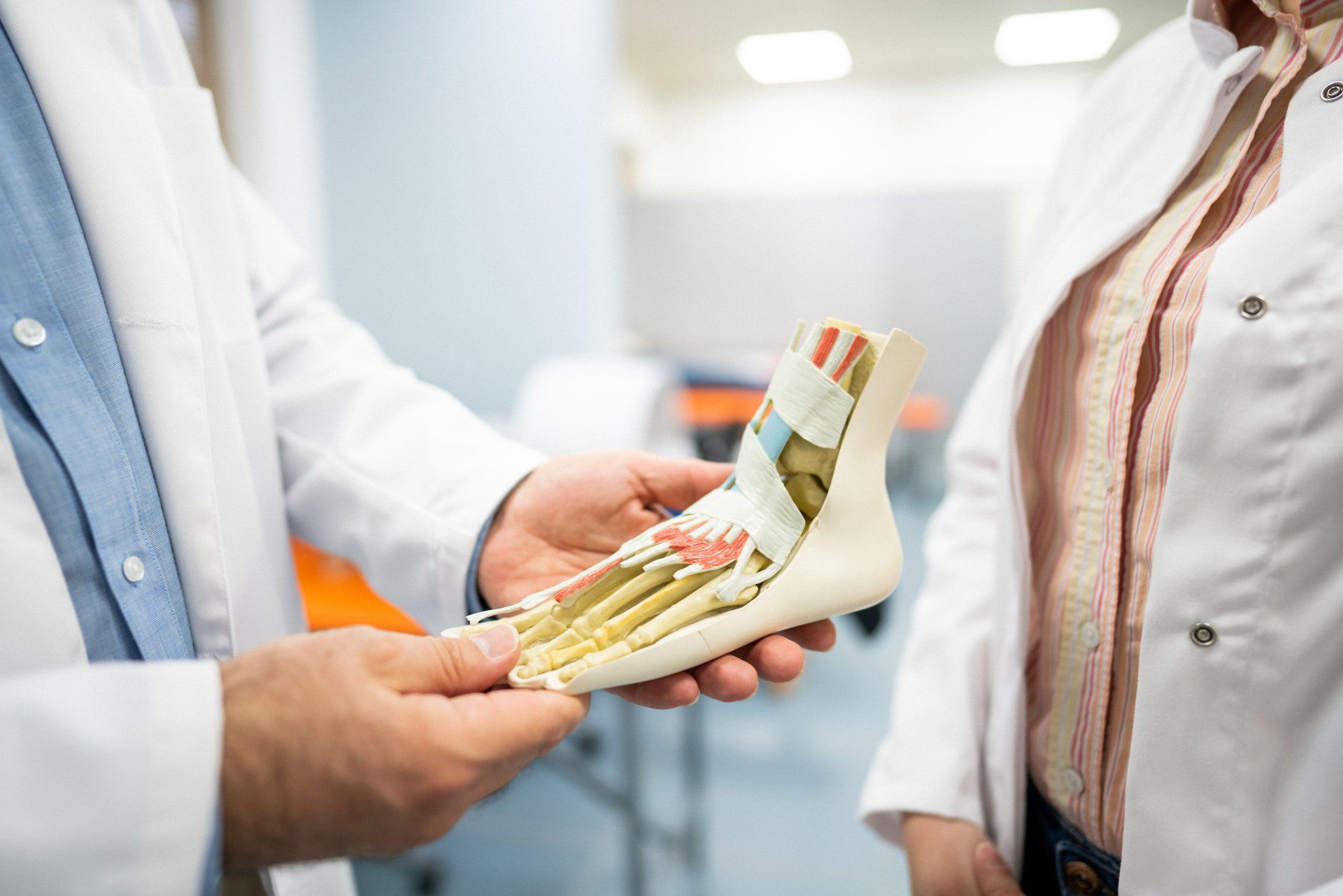Regenerative Medicine and Wharton’s Jelly Research

Immunosuppressive properties of mesenchymal stromal cells derived from amnion, placenta, Wharton's jelly, and umbilical cord
This study aimed to explore alternative sources of mesenchymal stromal cells (MSC), as deriving cells from bone marrow is an invasive procedure. The study sought out more accessible sources of MSC, such as from amnion, placenta, Wharton’s jelly, and umbilical cord, which are usually discarded. The study concluded that these alternative sources may potentially be used in place of bone marrow-derived MSCs in several therapeutic applications.

Enhanced neuro-therapeutic potential of Wharton’s Jelly-derived mesenchymal stem cells in comparison with bone marrow mesenchymal stem cells culture
In this study, they have examined stromal stem cells derived either from umbilical cord Wharton’s Jelly (WJ-MSC) or bone marrow (BM-MSC) of adult, healthy donors. WJ-MSC, in comparison with BM-MSC, exhibited a higher proliferation rate, a greater expansion capability being additionally stimulated under low-oxygen atmosphere, enhanced neurotrophic factors gene expression, and spontaneous tendency toward a neural lineage differentiation commitment confirmed by protein and gene marker induction. The data suggest that WJ-MSC may represent an example of immature-type “pre-MSC,” where a substantial cellular component is embryonic-like, pluripotent derivatives with the default neural-like differentiation.

Characteristics of mesenchymal stem cells derived from Wharton’s jelly of human umbilical cord and for fabrication of non-scaffold tissue-engineered cartilage
Once cartilage is damaged, it has limited potential for self-repair. Autologous chondrocyte implantation is an effective treatment, but patients may suffer during cartilage harvesting and the donor-site morbidity may accelerate joint degeneration. Using autologous mesenchymal stem cells (MSCs) derived chondrocytes is another selection, while it also causes some injury. The umbilical cord, an ecto-embryo tissue, may be an ideal source of cells, because of its accessibility, abundant resources, painless procedures for harvesting, and lack of ethical issues. MSCs isolated from Wharton’s jelly of human umbilical cord express characteristics of pre-chondrocytes, low immunological markers and are easy to be obtained with higher purity because there are no hematopoietic cells in Wharton’s jelly, so new seed cells may be more suitable for constructing tissue-engineered cartilage.

Treatment of Psoriasis with Mesenchymal Stem Cells
Psoriasis is an incurable immune-mediated disease, which affects approximately 2% of the world’s population. Current treatments, including newly emerged biologic agents, have some limitations. In this study, they report two cases of Psoriasis Vulgaris treated by umbilical cord-derived mesenchymal stem cells (UC-MSCs). In these two cases, both of the patients remained relapse-free over periods of several years.
Regenerative Medicine research proves that mesenchymal stem cells—which can be harvested from Wharton’s jelly—can be a viable treatment for various medical conditions. Consult with the experts in this field to learn more about this modern treatment. Call Amarillo Regenerative Medicine Center in Amarillo, TX to know how we can help you today.

